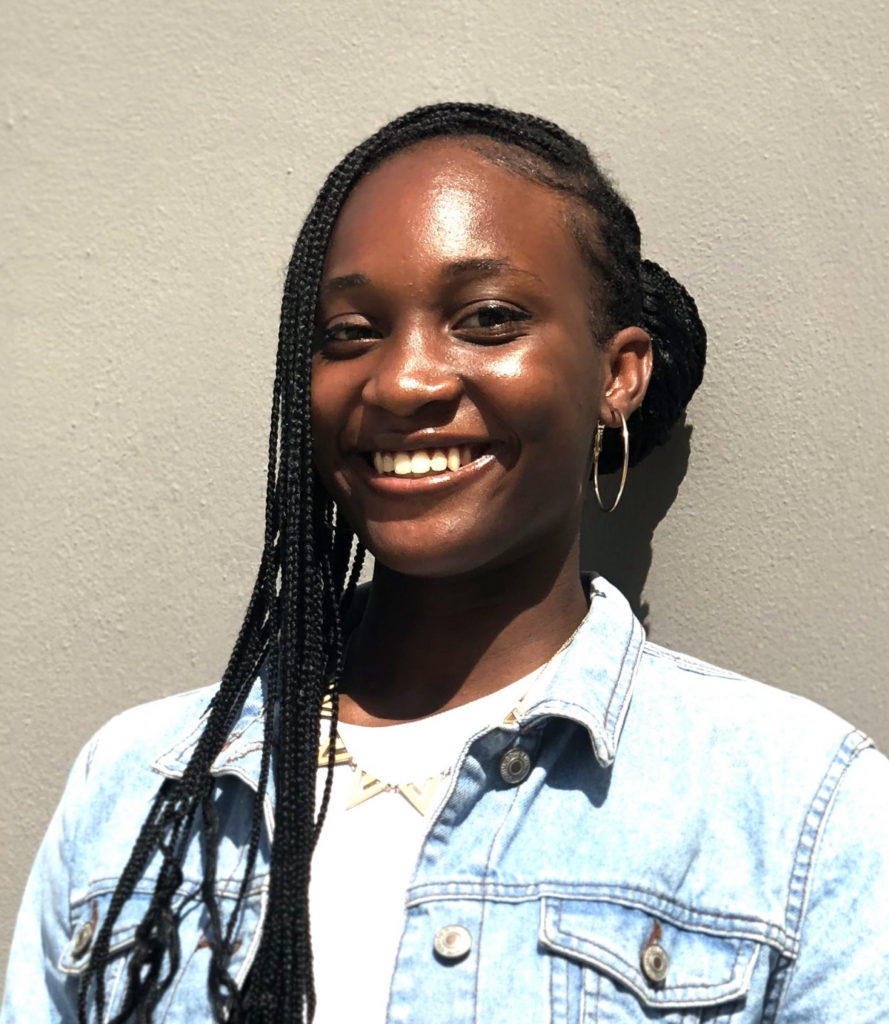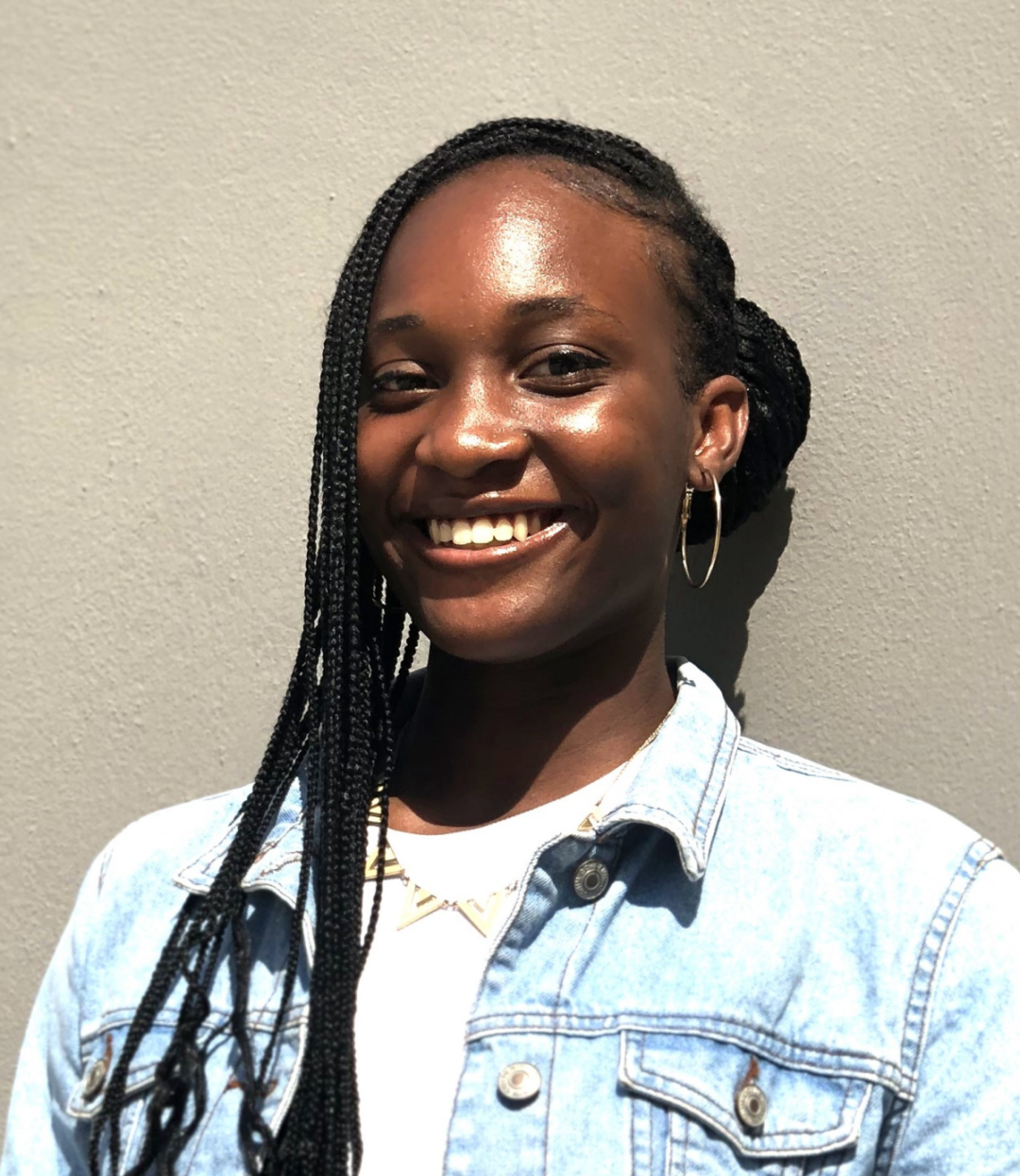Second year Dental Therapy and Hygiene student at the University of Portsmouth, Modupe Ilesanmi, advocates using self-directed learning to improve your performance at dental school.

What is self-directed learning?
Self-directed learning (SDL) is an approach to taking responsibility for acquiring knowledge on a particular subject matter in order to become proficient in that area. In a didactic teaching method, the learner often takes on a passive role of receiving information. However, in a clinical environment such as dentistry, a student is presented with a variety of unique cases that raise questions on content learnt, so a didactic teaching method alone is not sufficient. For instance, you could have a patient present with an unfamiliar case and you are expected to find appropriate resources that support your clinical judgement. Another example is where you venture on an in-depth learning journey on a topic of interest.
SDL initiates and shifts the student’s learning experience from a passive state to a state of autonomy, thereby providing room for learners to take the lead on their own learning experience. The academic then takes on the role of a facilitator and motivator rather than instructor. Consequently, your learning ability and confidence as a student is enhanced.
What I’ve gained by using self-directed learning
Through self-directed learning, I’ve gained control over my academic trajectory. SDL allows me to dictate my educational needs and customise my learning schedule according to my preferences. With the flexibility to decide what, when, and how I learn, I’m able to progress at my own pace. In addition, I can hone my critical thinking and problem-solving skills. It enables me to analyse evidence and draw independent conclusions, skills essential for academic excellence and lifelong learning. Furthermore, SDL empowers me to set goals, manage my time effectively, and assess my progress. These self-regulation abilities not only enhance my academic performance but also serve as a valuable asset in advancing my career.
How to navigate self-directed learning in dental school
- Identify your learning needs
The ability to apply the knowledge you have obtained is crucial in dentistry. In order to achieve this, thoroughly understanding the subject is vital. To understand a topic you must identify your knowledge gaps. To do this you have to be true to yourself. Write down everything you know about the topic then proceed to using resources such as lecture slides or textbooks to supplement what you know. This will eventually advance your proficiency in the subject matter. Knowledge gaps can also be identified through reflection on your performance and feedback from lecturers or peers.
- Determine the learning objectives
It is important to understand the objective of any particular learning. How is this going to help me as a student? The learning objective answers the question “why am I learning this?” Learning objectives also keep you on track. Set a number of questions around the subject matter that you should be able to understand by the end of the study.
- Gather a variety of sources for identified topics
Depending on what you study, there are various resources you can use to gather the relevant information. For instance: protocols, guidelines, textbooks, evidence-based research. Knowing what type of resource you need is relevant to identifying the right information and will help you achieve your learning objective efficiently. An understanding of what each resource is and how to apply them is key.
- Narrow everything down to key points
Narrow everything you found on the subject at hand to key points based on the learning objectives. Going back to your learning needs will help to keep you on track and not go off on a tangent.
- Retain the information
An evidence-based method for retention is active recall and space repetition. Information that is not revisited will be eventually forgotten, whereas information that is consistently actively revisited, will be retained for a longer period of time. Try asking yourself questions about what you have learnt at different intervals.
Top tips: in order to stay motivated, always remember the reason you are embarking on this study. Remember how this will help you be a better clinician in the long run. Be accountable to someone who will keep you in check. For dental students, developing a self-directed learning approach at university will be valuable throughout your career, especially for your continuing professional development.
Author bio
“I am a second year Dental Therapy and Hygiene student at the University of Portsmouth. I am keen on restorative dentistry. My hobbies outside of dental school are swimming and playing the piano.”
Modupe Ilesanmi



